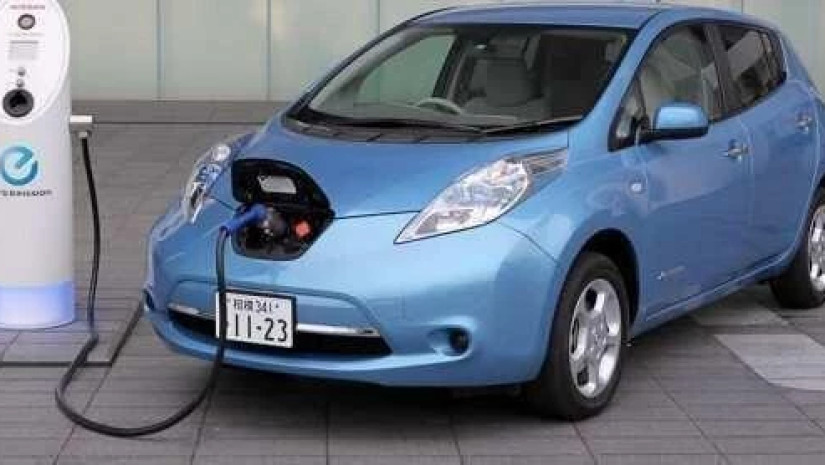In the next 10 years, the government is planning to replace 90% of the cars in Georgia with electric vehicles. According to Prime Minister Mamuka Bakhtadze, besides the fact that this will have a positive impact on the environment, it will also reduce the trade deficit. The Prime Minister stated that trade deficit is Georgian Economy’s “Achilles’ heel”, which is caused by importing large volumes of fuel. Amount of cars registered in Georgia comes to almost one million and the number has been continuously growing over the past few years – last year, the number of cars increased by 5.3%. In 2017, hybrid and electric engine car imports grew significantly. During the first nine months of 2017, 20 times more electric engine cars were imported compared to the same period in 2016, amounting to 467 units in total.
Is it possible that after replacing cars running on fuel with the electric vehicles, the country could reduce its trade deficit, when in fact the country also imports electricity, recognizing that the growth of utilization and importing electricity also poses significant fiscal risks? Gia Arabidze, an energy specialist, welcomes the government’s idea but also states that the exact calculations cannot be made yet. In Georgia, an average cost of one liter of fuel is 2.5 GEL, whereas, one cubic meter of commercial gas (from which electricity can be generated) costs approximately 82 Tetri. Arabidze emphasizes the importance of natural gas and suggests that converting it to electricity would cost the country far less than importing fuel. “Through this process, 40% less capital will leave the country on average than today due to fuel imports. In particular, on average, 1-liter petrol gives 41,000 kilojoules of energy, an average cost of which is 2.5 GEL;
whereas one cubic meter, commercial gas gives 36,000 kilojoules of energy, costing 80-82 Tetri. The existing thermal power plants in Georgia have the potential to generate more electricity. As far as I know, if all the cars were to be replaced by electric vehicles in Georgia, they would need over one billion six hundred million kWh per year, which instead of purchasing, we can buy gas, that can be converted into electricity in the thermal power plants and would be much cheaper” – states Arabidze. It is possible, that replacing fuel with electricity could have an economic impact, however, it should be taken into consideration that oil companies are some of the largest contributors to the budget. Just with the excise tax on fuel and diesel, over 450 million GEL is paid into the budget every year. Of course, if the government replaces 90% of the cars with electric vehicles in the next 10 years, both the fuel import and budget will be reduced.
In addition, the use of electricity has been growing over the years, every year the growth, on average comes to 7-8%. The World Bank points out that the growing import of electricity is becoming one of the sources of trade deficit. And finally, today the cost of electric cars on the market are significantly more than cars running on fuel, therefore, in order to replace the cars, besides the planned tax breaks, the purchasing power of the population needs to also increase.












